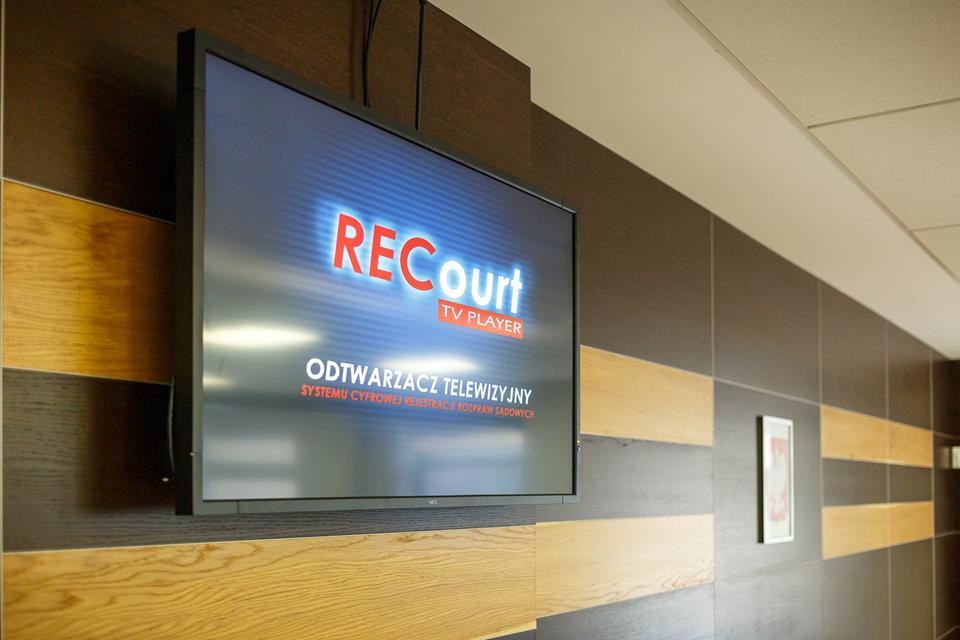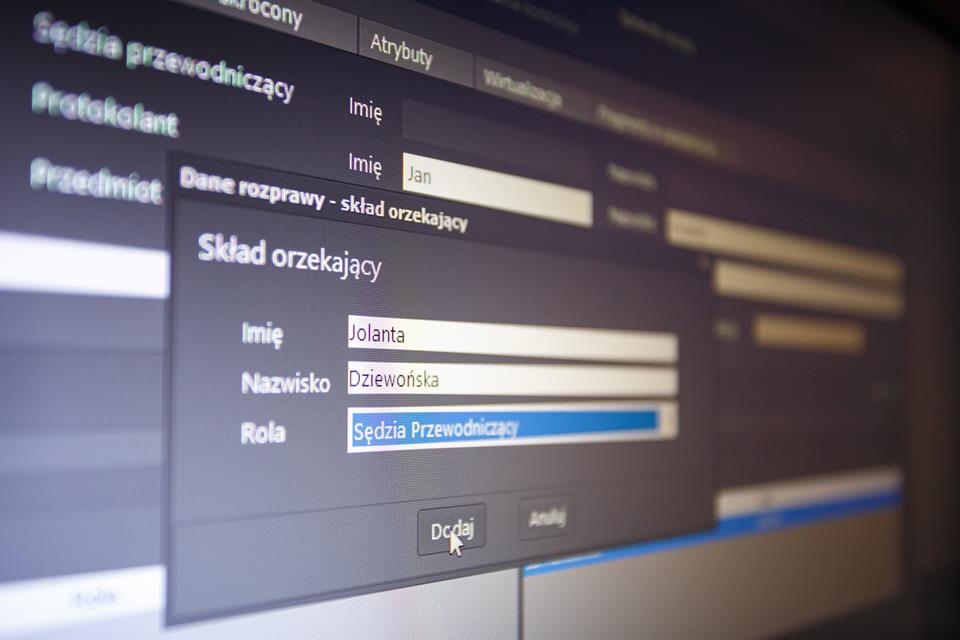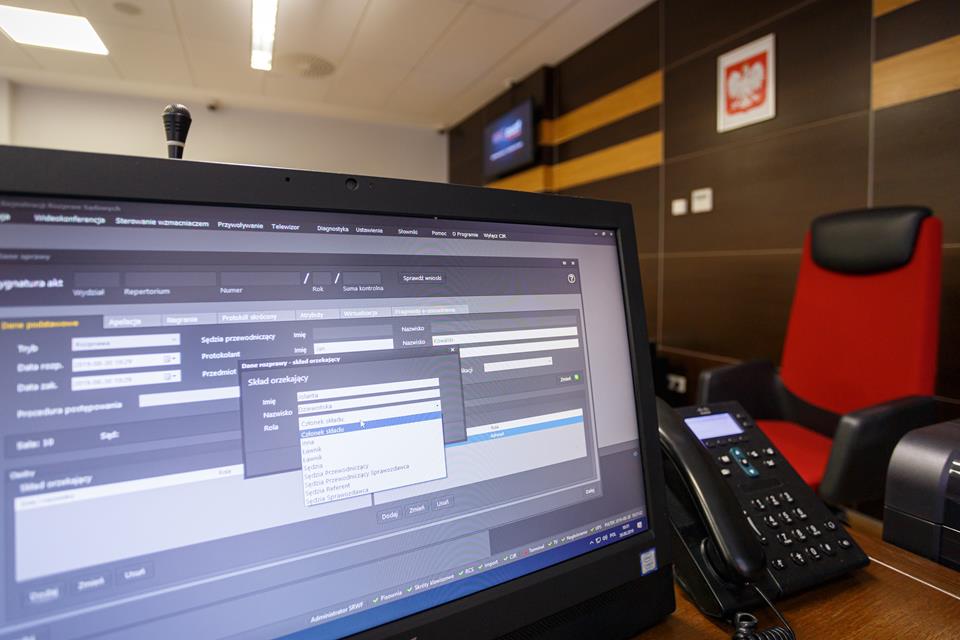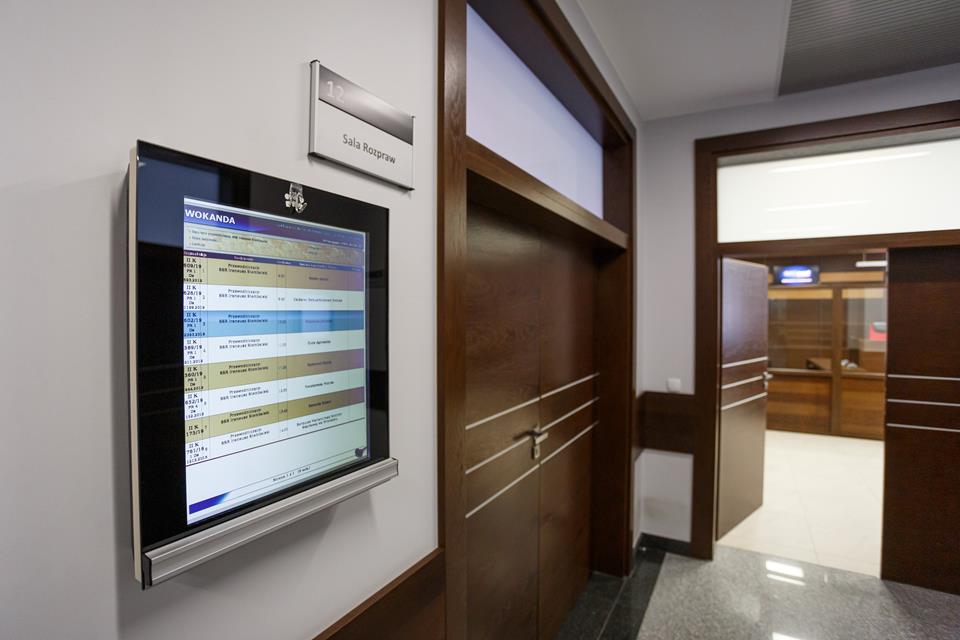Description
What exactly did the witness say? Now, the court and the parties to the proceedings can easily retrace what was said word by word thanks to e-record. Civil and minor offence cases are already audio- or video-recorded in over 3.5 thousand courtrooms all over Poland.
Trials in common courts can now be shorter, as court recorders do not need to put everything down. They only mark the most important parts of the recordings.
"The electronic record, or e-record for short, is a digital sound or image and sound recording made during the court proceedings. Thanks to EU support, we have provided cameras and microphones for another 1,300 courtrooms. The sound or audiovisual recording replaces a complete written record", said Dariusz Maślak, the project manager from the Court of Appeal in Wrocław.
The courtroom equipment is only part of the e-record infrastructure, which is complemented by servers, wiring and software.
In the beginning, judges were sceptical of these changes.
"Today, courtrooms with e-record facilities are the first ones to be reserved for civil and minor offence cases. The project benefits worth mentioning include shorter duration of trials, lower costs of proceedings and the ability to remotely examine witnesses and the parties, as well as the option of presenting evidence in an electronic form. As the whole trial is recorded, proceedings have become more transparent and there is more politeness in the courtroom", said Dariusz Maślak.
E-record in courts
A total of 3,567 courtrooms throughout Poland have been provided with e-record facilities since 2010. In over 2,800 of them, videoconferences can be held.
Thanks to the introduction of e-record, the perception of the judiciary has began to gradually change, as the open court principle has now fully materialised. The parties and participants in the proceedings have the right to receive a sound or image and sound recording included in the case records. Recordings made during trials can be accessed via the Information Portal of Common Courts. Moreover, the parties to the proceedings can apply for transcription of the grounds for the decision.
Gallery
Details
Programme
Digital Poland Programme
EU Fund
European Regional Development Fund
Project
Implementation of electronic recording in commoncourts (civil and minor off ence cases)
Project cost
PLN 132.5 million, including PLN 112 million from the European Regional Development Fund





